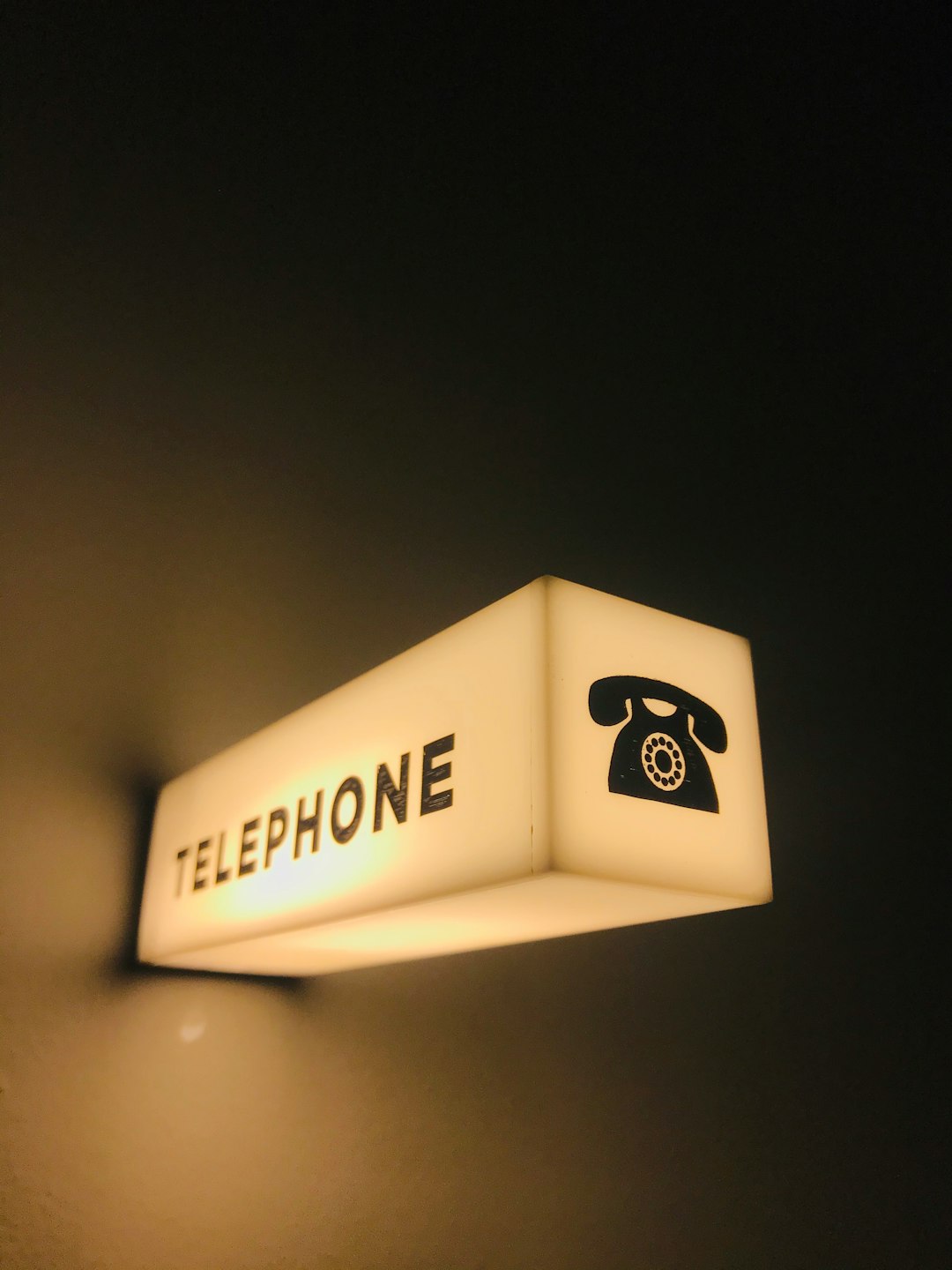Maine's enhanced Do Not Call laws protect residents from unwanted telemarketing with strict penalties. Businesses can ensure compliance and avoid legal issues by consulting a Do Not Call Lawyer Maine, who can guide them through exceptions for non-profits and healthcare providers. The updated registry offers simpler opt-in processes, giving Mainers greater control over their privacy. Recent changes have altered the dynamics between consumers and businesses, emphasizing proactive compliance for stronger customer relationships.
“South Portland residents and businesses are navigating recent updates to Maine’s Do Not Call laws, which have significant implications for consumer privacy and business practices. This article provides a comprehensive legal analysis, offering insights into the changes made to the Do Not Call Registry and their effects. From understanding the foundational legal framework to practical considerations post-updates, readers will gain valuable knowledge from our expert Do Not Call Lawyer Maine perspective. Dive into this guide to ensure compliance and protect your rights.”
Understanding Maine's Do Not Call Laws: A Legal Overview

In the state of Maine, the Do Not Call laws are designed to protect residents from unwanted telemarketing calls and sales pitches. These regulations are enforced by the Federal Trade Commission (FTC) in conjunction with state-level measures. For those seeking guidance on navigating these legal frameworks, consulting a Do Not Call Lawyer Maine is an intelligent step. Maine’s laws permit residents to register their phone numbers on the “Do Not Call” list, effectively blocking most commercial calls. This list is rigorously maintained and regularly updated to ensure its effectiveness.
The implications of violating these laws can be severe for businesses. Fines can reach up to $40,000 per violation, with additional penalties for repeated offenses. A Do Not Call Lawyer Maine can help businesses understand and comply with these regulations, ensuring they avoid costly legal repercussions. Understanding the nuances of these laws is crucial, as exceptions exist for certain types of calls, such as those from non-profit organizations or healthcare providers, allowing for a more tailored approach to compliance.
Recent Updates to the Do Not Call Registry in Maine

In recent years, Maine has made significant strides in protecting residents from unwanted telephone solicitations with updates to its Do Not Call Registry. As a result, individuals across the state can now enjoy greater peace of mind knowing that their personal phone numbers are shielded from unsolicited calls. These changes reflect a growing awareness of the intrusive nature of telemarketing and the importance of respecting consumer privacy.
The Maine Do Not Call Registry has been enhanced through legislative efforts, expanding its reach to include not only live telephone calls but also prerecorded messages and texts. This expanded definition means that businesses must be more cautious in their marketing strategies, ensuring compliance with the updated regulations. A key aspect of these updates is the simplified opt-in process, allowing Maine residents to easily register their numbers and begin receiving fewer unwanted calls within 24 hours. For those seeking legal guidance on Do Not Call laws or assistance with registering their number, consulting a dedicated Do Not Call Lawyer Maine can provide valuable support in navigating these evolving regulations.
Analyzing the Impact of Changes on Consumers and Businesses

The recent updates to the Do Not Call laws have brought about a significant shift in the dynamics between consumers and businesses in Portland, Maine. As a result, both parties are navigating new territory when it comes to telemarketing practices and consumer rights. For consumers, these changes offer enhanced protection from unwanted calls, providing them with more control over their personal time and privacy. The ability to register numbers on the Do Not Call list and receive stricter penalties for violators empowers individuals to take a stand against intrusive marketing tactics.
Businesses, particularly those in the telemarketing industry, face new challenges and opportunities. While they must adhere to stricter regulations, ensuring compliance with Do Not Call laws can also foster improved customer relationships. By respecting consumer preferences and reducing unsolicited calls, businesses can enhance their reputation as more considerate and responsible organizations. Moreover, understanding these changes is crucial for a Portland-based Do Not Call Lawyer to guide clients through the updated legal landscape, ensuring both consumer rights are protected and businesses remain competitive within the evolving regulatory framework.
Practical Considerations for Businesses and Individuals Post-Updates

Post-updates, both businesses and individuals in South Portland must navigate new regulations with heightened vigilance. The recent amendments to the Do Not Call laws in Maine have introduced significant changes, mandating a more nuanced approach to telemarketing and customer communication. Practical considerations include refining internal protocols for caller identification and record-keeping, as well as ensuring compliance with opt-out requests. Businesses should implement robust systems to verify and respect consumer preferences, avoiding any potential legal repercussions.
For businesses, proactive measures are key. Engaging the services of a Do Not Call Lawyer Maine can offer valuable guidance on adapting practices to align with updated laws. This ensures not only compliance but also fosters stronger customer relationships by demonstrating respect for individual privacy rights. Individuals too should familiarize themselves with their rights and responsibilities under the new regulations, empowering them to assert their preferences effectively.






